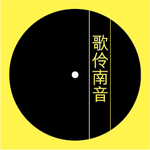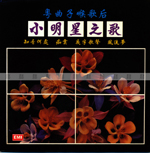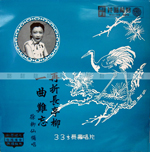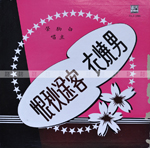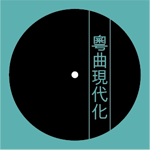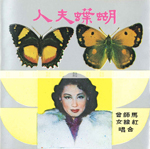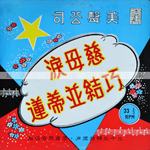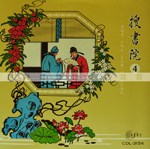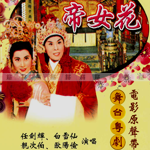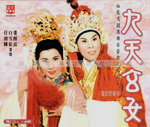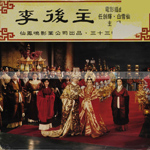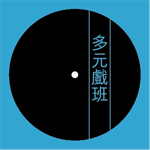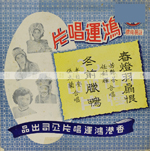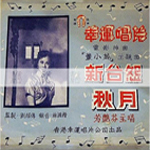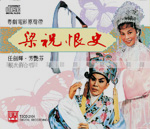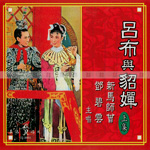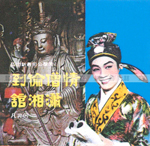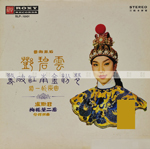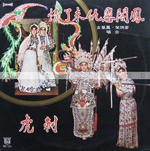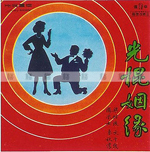Since the early twentieth century, Hong Kong has always been an important venue for Cantonese opera development. After 1949, as a result of political turmoil in the Mainland, performers and troupes converged and resettled in the territory, leading to a tremendous prospering of Cantonese opera in the subsequent decade. This development is linked intimately with the rise of the electronic media.
Performers and troupes began to grasp the possibilities offered by film and radio to re-examine age-old performance practices with regard to acting, singing, script writing, instrumentation, and stage set-up. They brought in novel elements from the theatre and movie world, and participated in the production of films and records. With these acts, they are extending the movement to modernize Cantonese opera that began in the 1930s.
Wong Jum-sum was thoroughly immersed in the world of Cantonese opera from young. Through his close encounter with master performers like Hung Sin-nui, Ma Si-tsang, Yam Kim-fai, Pak Suet-sin and Tong Dik-sang, he witnessed first hand the modernization of Cantonese opera, and was mightily moved by the adventure and passion he saw.
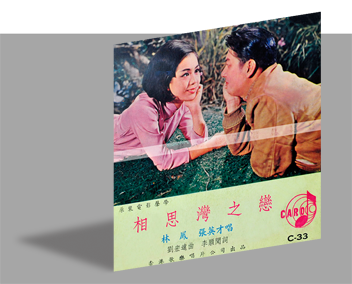

作曲:侯湘(李厚襄)
作詞:吳一嘯
主唱:林鳳
飄來榴槤之香 曼歌聲震天
飄來榴槤之香 芬芳到嘴邊
飄來榴槤之香 大家執個先
飄來榴槤之香 菓汁似蜜餞
榴槤在我心中香 一吃夢溫暖
榴槤落滿地上去 伸隻手去拈
飄來榴槤之香 又執一個添
飄來榴槤之香 歡呼舞萬遍
香甜味兒飄飄 為它倒與顛
香甜味兒悠悠 家家愛菓仙
香甜味兒清清 人心香更添
香甜味兒薰薰 春心醉又軟
榴槤令我多相思 今次又相見
榴槤熟了像玉女 一見心意牽
安娜艷如嬌花 萬花鮮斗鮮
不忘榴槤之香 歡呼舞萬遍
